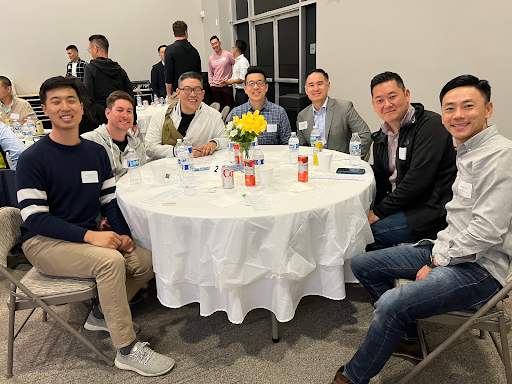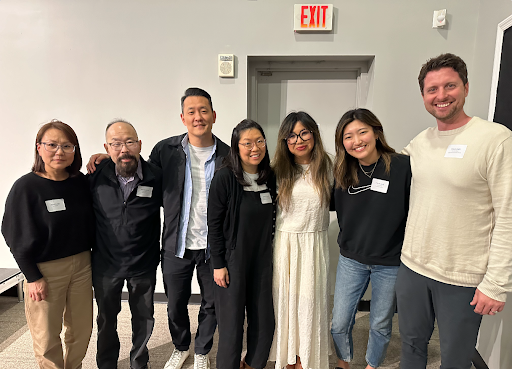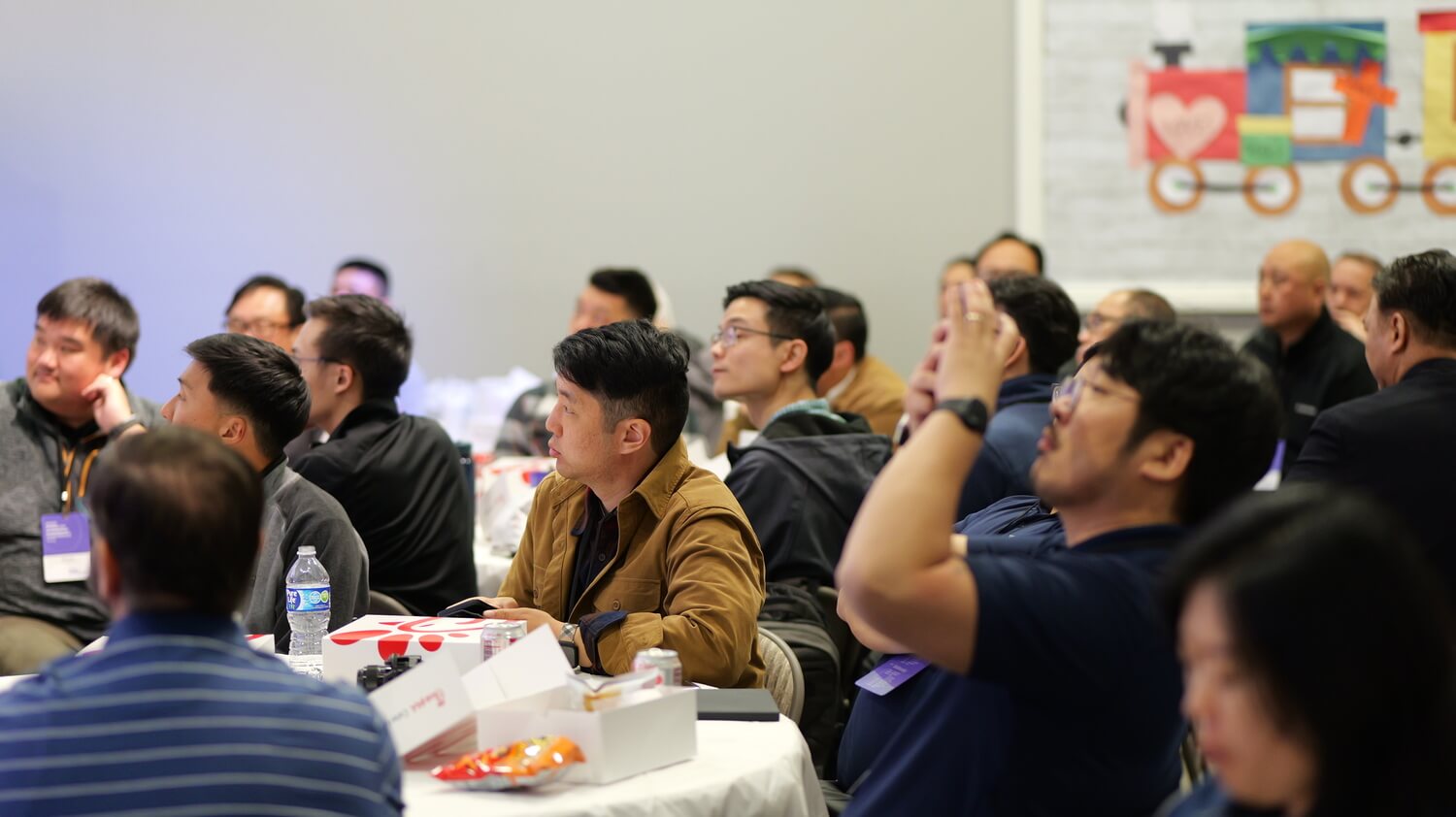The following is a continuation from this article. Below, you will find the ‘strategic opportunities’ the leaders outlined to normalize the gospel for the emerging generation. Round tables of 6-8 people discussed the following question:
What are some of the strategic OPPORTUNITIES the elders of this generation have in normalizing the gospel for the next generation of Asian Americans and beyond?
1. Whole life discipleship
The phrase, ‘life-on-life discipleship’, was stressed at several tables. While this doesn’t sound ‘strategic’, many leaders stressed the importance of Asian American churches prioritizing discipleship across all stages of life. “We need discipleship in more organic and relational ways. We need to invite people into our lives so we can experience life-on-life discipleship” (Ben Shin, Associate Professor, Talbot Seminary). Another leader also mentioned the opportunity to mobilize empty nesters, and invite them to participate in intergenerational mentorship.

Terrence Shay (Associate Pastor, FCBC) and Michael Lee (Leader Pastor, All Nations Community Church) highlighted the need for college students to experience life-on-life discipleship for their own growth at such a crucial time, but also to prepare them to participate in a local church as young adults. Kevin Yi (ROOTED, College/Young Adult Pastor, Church Everyday) further emphasized the importance of the local church’s investment in students, rather than leaving such discipleship solely to parachurch ministries. While all of the above is good and needed, David Larry Kim (Lead Pastor, Harvest Church Orlando) pointed out the long and laborious task of discipleship; in light of its difficulty, we must pray and focus on discipling ‘deeper people’.
2. Empower Young Leaders
Ben Pun (Lead Pastor, Anchor Community Church) shared this anecdote about how he was empowered by a senior leader during a crucial time in ministry: “Our Chinese senior pastor sent me out with his full blessing and funding for five years. His actions created a space for more leaders to step up and also empowered me. We also can empower and give space for young leaders to lead.”
Sam Moon (Youth Director, All Nations Church) cited the importance of intentionally developing, supporting, and pouring into the leaders who are serving on the frontlines of ministering to the next generation: “We may not all directly be involved in the discipleship of Gen-Z and Gen-Alpha, or any generation that comes after, but we can still play our part by supporting those who are directly involved. Younger leaders and millennials crave mentorship.”
3. Practical Theology for Our Times
The need for ‘practical theology’ in light of our cultural climate was discussed by many tables. Ruth Chou Simons’ table highlighted the opportunity for the elders to illustrate what faithfulness in life looks across many areas—art, music, family life, work—in a practical way that integrates the sacred and secular.

Joey Chen (Lead Pastor, Sunset Church) cited the Off the Pulpit podcast, as an example of such integration; it simultaneously speaks to church leaders, while also ministering to the younger generation of Asian American church attendees through its thoughtful conversations about topics that traditionally are not often addressed from the pulpit.
Enoch Liao (Assistant Pastor, BCEC) highlighted stewardship of resources, like fluency in English, as a way to evangelize to the newly immigrated: “How do we love and evangelize the Asian American church, when they are at the peak of their academic and financial career? We can help teach English and advocate social services to people struggling in those areas.”
For many other tables, the strategic opportunities were found in the form of questions:
- For the Church Leader:
- How can we engage with difficult topics (e.g. racial tensions, abortion, sexual ethics) in a way that stays faithful to biblical orthodoxy and yet does not sever the relationship with young people who wrestle with such realities?
- What resources geared toward Asian American Christians exist, and could we make them readily available for those in our church? (Kathy Rim, Operations Director, AACC)
- For those in Higher Education:
- What kind of curriculum could we create to help the emerging generation build a bridge between their Christian and ethnic identity? (Alex Jun, KALI)
It was clear that the dinner was simply the start of many conversations that will continue to be ongoing. Our hope is that these leaders will continue to pray and act according to the Spirit’s conviction in how to minister to those presently in their communities, and lean on one another for support.

